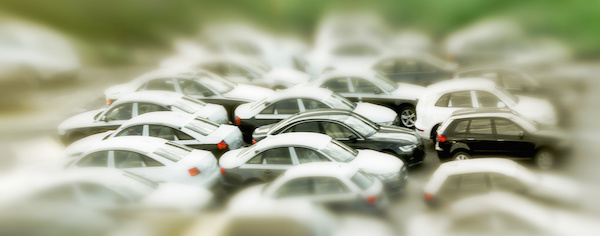Pierre
2016-07-22 9:06

There are so many things to think about when you hire a car; have I purchased the right insurance cover, do I need to add an additional driver, have I got a young driver surcharge to pay…or the big one that catches a lot of people out – what’s the fuel policy?!
All cars need fuel, we get that, but the money that some companies charge is ridiculous. We have identified 5 different Fuel Policies adopted by the providers of Rentalcars.com, one of our own providers.
Below, we explain what these policies mean and help you get to know your fuel policies.
Let’s start with the best option shall we?! Some companies won’t actually charge you for the tank of fuel – how kind of them! This will usually be part of a deal though and usually aren’t very common. However, as long as the total cost of the hire is competitive, this can really work in your favour!
When you pick up the car, you will be charged for the petrol already in the tank. When you return, you will be refunded for the fuel that you haven’t used. You’ll need to check with your provider what their policy on this is as some measure by eighths of a tank whilst others don’t. It is always worth asking the rental company to put this in writing for you upon collection, to ensure you know that there is no need to pay for fuel you won’t use!
As with the above, you’ll be charged for the petrol already in the tank, but you’ll also be subject to a service charge for the refuelling expenses. When you bring the car back, you’ll be refunded for the fuel you haven’t used, but won’t get the money back that you forked out on the service charge, which can be between £10-£40 depending on the size of engine. Make sure you read the terms of the policy before you book so you don’t get unexpectedly stung!
Your vehicle will come with a full, or near to full, tank of fuel and you will need to return it with the same amount of fuel in it. At the time of collection, the company will take a deposit for the fuel (usually the funds will be blocked against your card, with no money taken). If you return the car with less fuel than it should have, this is when they’ll charge you! It is also worth remembering to keep the receipts of any fuel purchases you make and hand these in at the desk on drop off.
As with others, you’ll receive, and be charged for, a full tank of fuel on collection. You will then need to return the car to as near empty as possible, otherwise you’re just giving them back free fuel with no refund on fuel not used! (which you would’ve paid an inflated price for in the beginning anyway!)
Now this is where your keen eye for detail will come into play. Some companies will clearly state the fuel policy on the “Details” section when you are comparing deals. Others will have theirs hidden in the terms and conditions under “Fuel Policy” or in the “Vehicle Details” section and may not actually specify the name of policy – read the description carefully and match it to the examples we have given you!
Keep this infographic handy next time you are looking for a hire car deal!

I hope that’s given you a good overview of your options and what to be prepared for next time you pick your Hire Car!
Happy Driving!